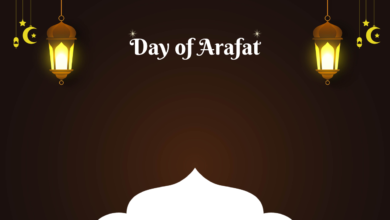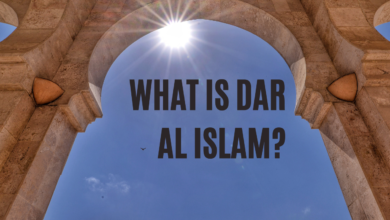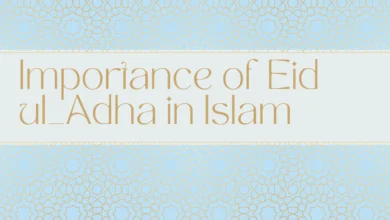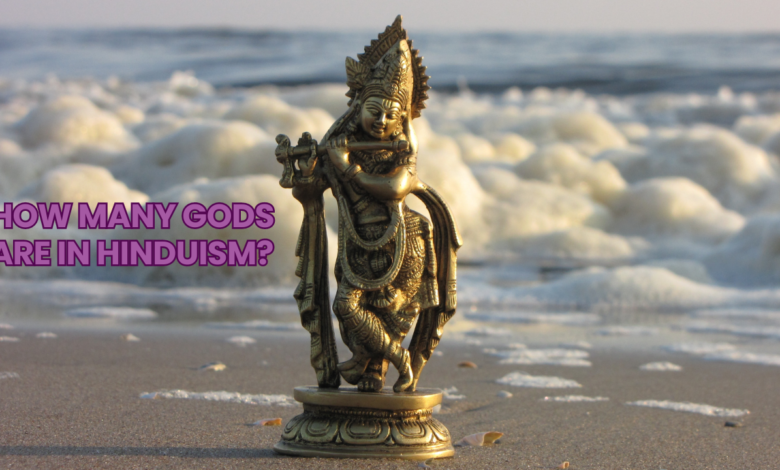
How Many Gods are in Hinduism?
Hinduism has a vast and diverse pantheon with millions of gods and goddesses, although the number is often considered symbolic. Some of these deities are more prominent than others.
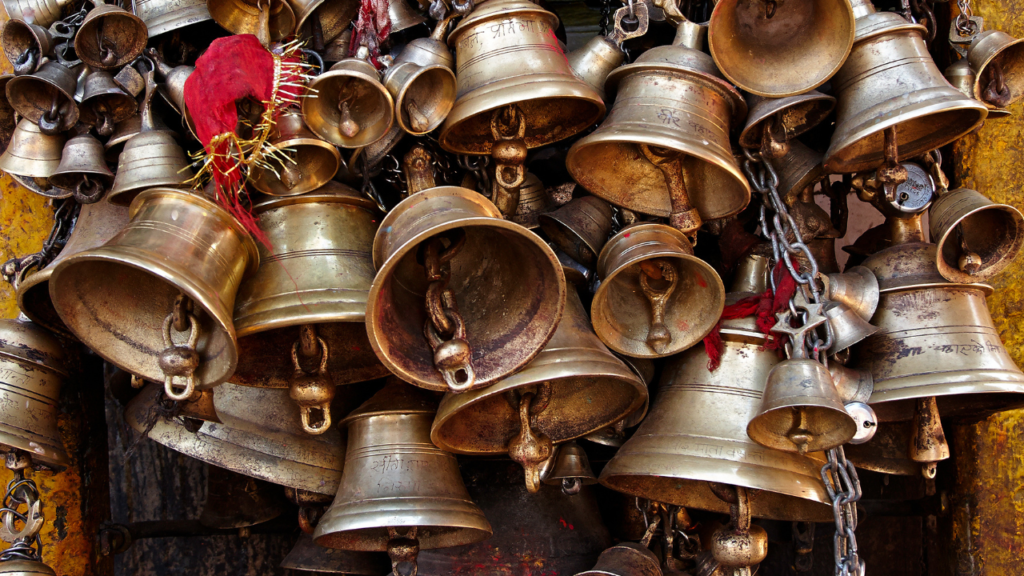
Introduction
Hinduism is one of the world’s oldest and most diverse religions, with a rich tapestry of beliefs, rituals, and deities. One of the most common questions that arise when discussing Hinduism is, “How many gods are there in Hinduism?” The answer to this question is both simple and complex, as Hinduism’s concept of divinity is multifaceted and varies among its followers. To understand the complexity of Hindu deities, it is essential to delve into the fundamental tenets of this ancient religion.
Polytheism and the Many Gods of Hinduism
One of the distinguishing features of Hinduism is its polytheistic nature, which means that it recognizes and reveres multiple gods and goddesses. The Hindu pantheon is vast and diverse, with a multitude of deities, each representing different aspects of the divine. Some sources estimate that there are over 33 million gods and goddesses in Hinduism, although this number is often considered symbolic rather than literal. Among these, some gods and goddesses hold more prominent positions in the religion and are more widely worshiped.
Also check.
The Holy Trinity: Brahma, Vishnu, and Shiva
Three major deities often referred to as the “Holy Trinity” are Brahma, Vishnu, and Shiva. These gods represent the three fundamental aspects of existence:
- Brahma: Brahma is the creator god and is responsible for bringing the universe into existence. He is often depicted with four faces and four arms and is associated with knowledge and wisdom.
- Vishnu: Vishnu is the preserver god, responsible for maintaining order and balance in the universe. He is believed to incarnate in various forms, known as avatars, to restore dharma (righteousness) when it is threatened.
- Shiva: Shiva is the destroyer god and is also associated with regeneration and transformation. He is often depicted with a third eye, symbolizing his all-seeing awareness, and is considered the lord of meditation and yoga.
Goddesses in Hinduism
In addition to the male deities, Hinduism also reveres a multitude of goddesses, each representing different aspects of the divine feminine. Some of the most prominent goddesses include:
- Lakshmi: The goddess of wealth, prosperity, and good fortune.
- Durga: The fierce goddess who embodies the power to protect and destroy evil forces.
- Saraswati: The goddess of knowledge, arts, and music.
- Kali: The goddess of time, change, and destruction.
- Parvati: The consort of Shiva, representing fertility, love, and devotion.
It’s important to note that while there are many deities in Hinduism, not all Hindus worship all of them. Worship practices can vary widely among individuals and communities, with devotees choosing specific deities to whom they feel a deep connection.
Monotheistic Interpretations
While Hinduism is commonly considered a polytheistic religion, there are also monotheistic interpretations within the tradition. Some Hindus believe in one ultimate, formless, and all-encompassing reality known as “Brahman.” This interpretation sees all the various gods and goddesses as different manifestations or aspects of the one divine source.
The variety of beliefs within Hinduism is reflective of its inclusivity and acceptance of diverse paths to spiritual realization. It allows individuals to worship in a way that resonates with them, whether they focus on a single deity, multiple deities, or the concept of Brahman.
In Conclusion
The question of how many gods are in Hinduism is multifaceted, reflecting the religion’s rich diversity and inclusivity. While the pantheon is vast, with millions of gods and goddesses, the concept of the divine in Hinduism goes beyond mere polytheism. It encompasses monotheistic interpretations, emphasizing the oneness of the ultimate reality. Ultimately, Hinduism’s strength lies in its ability to accommodate a wide range of beliefs and practices, allowing individuals to find their unique paths to spiritual enlightenment within its diverse tapestry of deities and concepts.
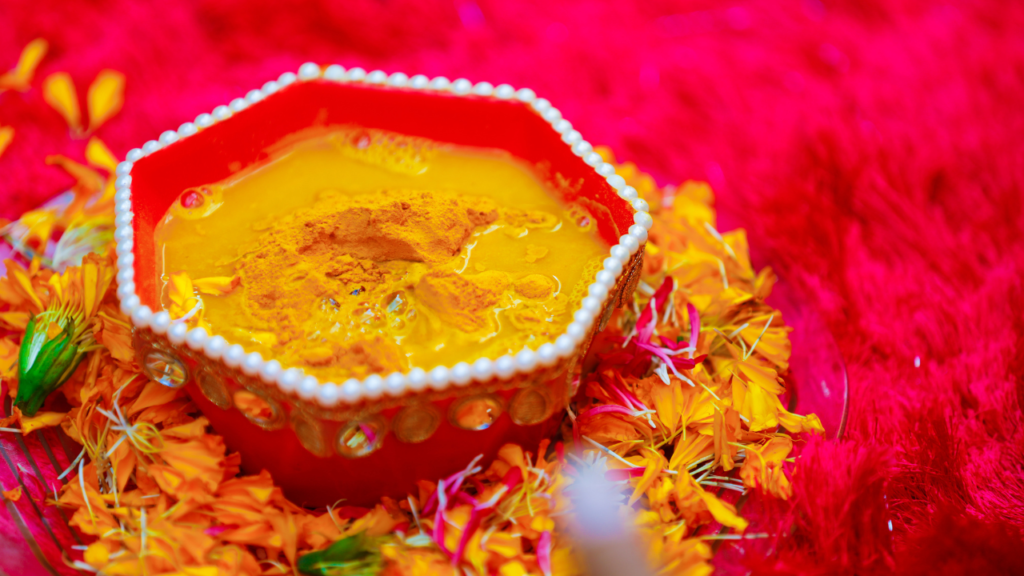
FAQs
How many gods are there in Hinduism?
Hinduism has a vast and diverse pantheon with millions of gods and goddesses, although the number is often considered symbolic. Some of these deities are more prominent than others.
Who are the three major gods in Hinduism?
The Holy Trinity in Hinduism consists of Brahma (the creator), Vishnu (the preserver), and Shiva (the destroyer).
Are all Hindus required to worship all these deities?
No, Hindus are not required to worship all the deities. Worship practices vary widely among individuals and communities, and people often choose specific deities based on their personal preferences and spiritual inclinations.
Is Hinduism a polytheistic or monotheistic religion?
Hinduism is often considered polytheistic due to its many gods and goddesses, but it also accommodates monotheistic interpretations that emphasize the oneness of the ultimate reality, known as Brahman.
How do Hindus view the relationship between different deities?
Many Hindus believe that all the gods and goddesses are different manifestations or aspects of the one divine source, which is Brahman.
Who are some of the prominent goddesses in Hinduism?
Prominent goddesses in Hinduism include Lakshmi (goddess of wealth), Durga (goddess of protection), Saraswati (goddess of knowledge and arts), Kali (goddess of time and change), and Parvati (goddess of love and devotion).
Do all Hindus worship the same deities?
No, Hindu worship practices can vary significantly, and different sects and regions may have their own specific deities they revere.
What is the significance of the monotheistic interpretation of Hinduism?
The monotheistic interpretation highlights the unity and oneness of the ultimate reality, providing a philosophical perspective that goes beyond the polytheistic aspects of Hinduism.
How does Hinduism’s diversity in deities reflect its inclusivity?
Hinduism’s diversity in deities allows individuals to find their unique paths to spiritual realization within the religion. It accommodates a wide range of beliefs and practices, promoting inclusivity and acceptance.
Are there specific rituals or festivals associated with the worship of certain deities in Hinduism?
Yes, there are numerous rituals and festivals dedicated to various deities in Hinduism. For example, Diwali is associated with the worship of Lakshmi, while Navaratri is dedicated to the goddess Durga.
